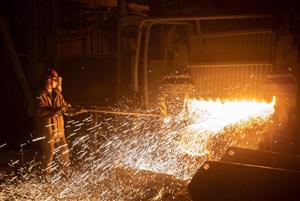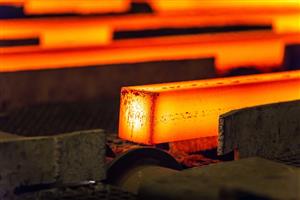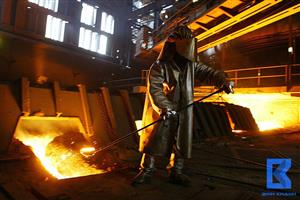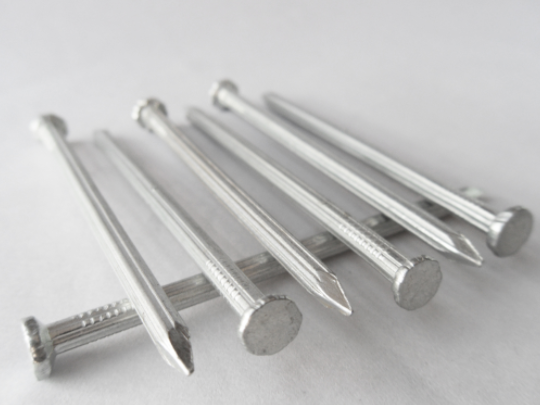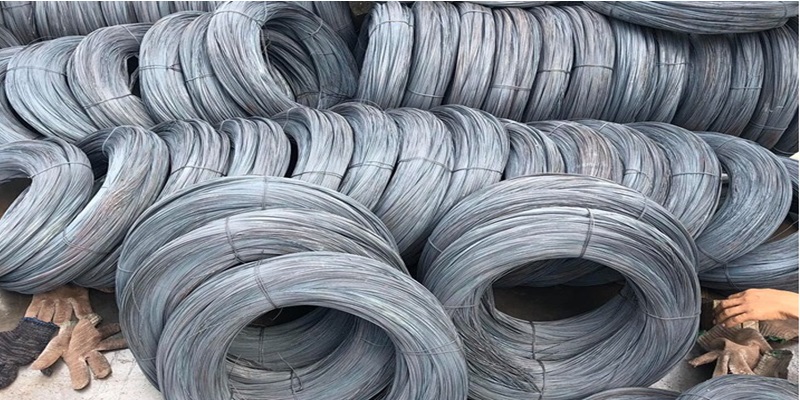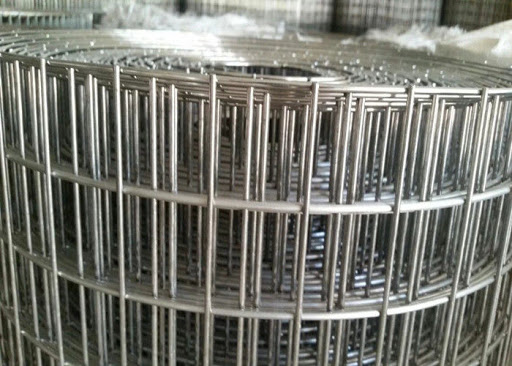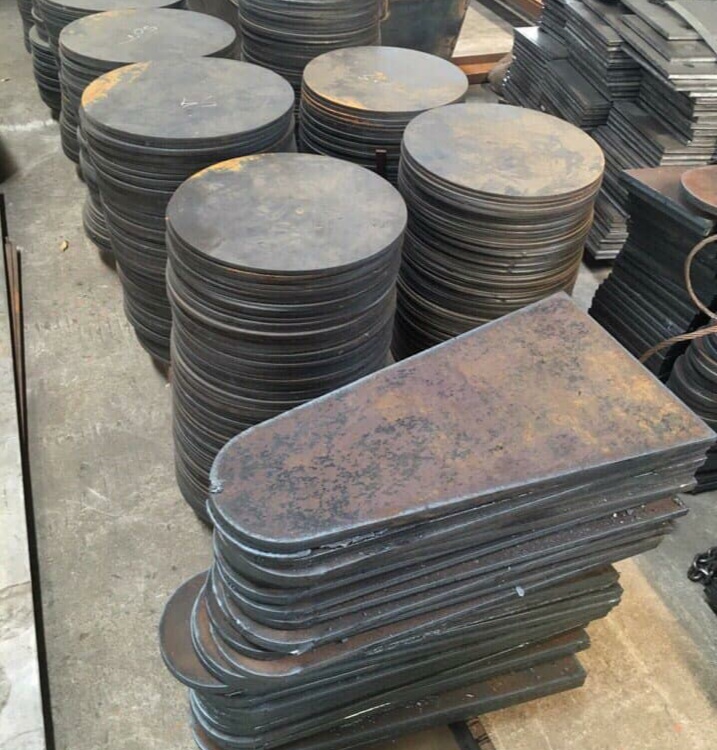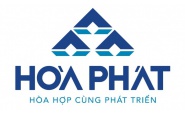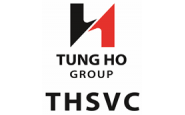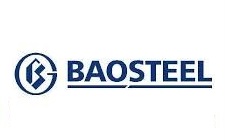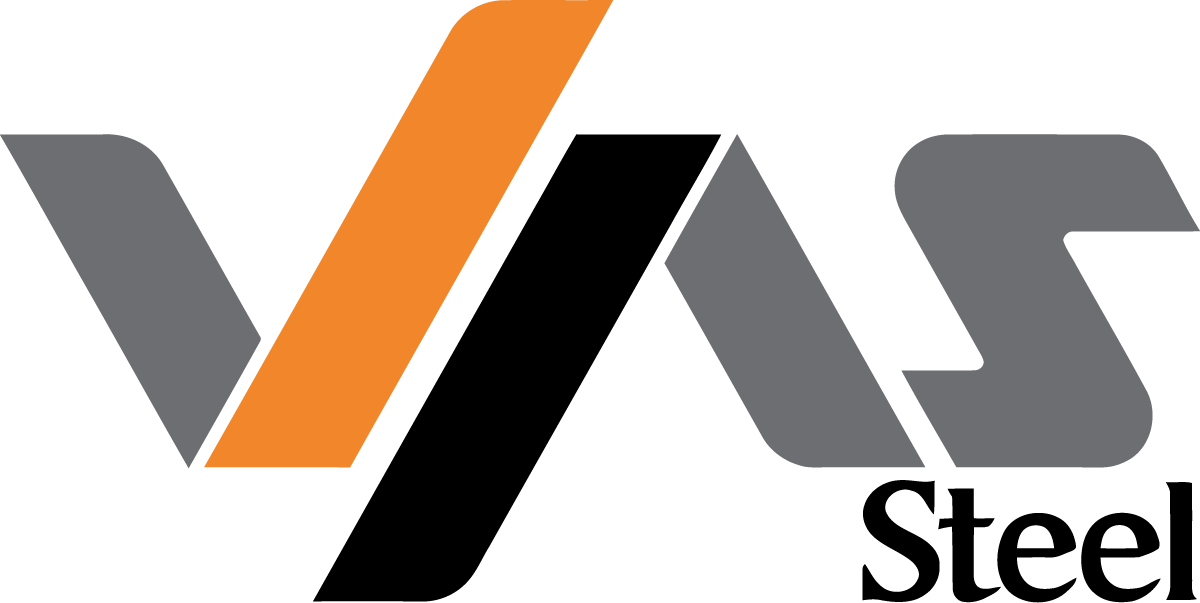It is likely that the Thai Ministry of Commerce will expand the anti-dumping investigation on hot-rolled steel coils from China, in the context of steel output exported from Asia's largest power to this country skyrocketing, causing pressure on domestic steel manufacturers.
In 2023, the Department of Foreign Trade (DFT) under the Ministry of Commerce of Thailand launched an investigation into Chinese steel products, after receiving petitions from the three largest hot-rolled steel coil manufacturing enterprises. These countries are Sahaviriya Steel, G Steel and GJ Steel. It is expected that the investigation will end in June.
The petitioners asked Bangkok to apply anti-tax evasion measures against 17 Chinese steelmakers, arguing that these companies avoided anti-dumping taxes by modifying their products.
According to DFT, Thai authorities found evidence of Chinese manufacturers modifying products and dumping them. Southeast Asia, the top destination for Chinese steel, is facing a supply glut as China's real estate, infrastructure and manufacturing sectors stagnate, leading to domestic steel demand decline and Chinese manufacturers were forced to shift from the domestic market to exports.
Statistics show that China's crude steel consumption in 2023 will remain at the same level as in 2022, although consumption will decrease by 3.5%. However, China's steel export output recorded an increase of 39%.
Meanwhile, in Thailand, steel imports in 2023 have increased sharply, accounting for 63% of total supply. In the first 4 months of 2024, this number has been 58%, meaning that domestic steel production has decreased from 42% to 37% of total supply.
Thailand will use a total of 16 million tons of steel in 2023. The country is only producing at 30% of capacity, lower than the Southeast Asia average of 58% or the global average of 77%.
Mr. Wirote Rotewanachai, President of the Thai Iron and Steel Institute, said that a weakening domestic steel production industry could impact national security. Mr. Wirote emphasized: “We should protect local industry to prevent problems such as supply chain disruptions, especially in a context where the world is witnessing many geopolitical conflicts. ”.
According to Mr. Wirote, the alloys are mixed into steel products by Chinese manufacturers to avoid anti-dumping measures that cause quality control problems. Thai steelmakers, which rely on scrap recycling, use iron ore instead of adding other, cheaper alloys. As a result, manufacturers from China often offer Thai buyers cheaper prices than local steel manufacturers.
In 2023, coated steel prices from China are about 39% lower than Thai products. Chinese steel coils are also sold at prices up to 16% lower than the domestic average price.
Even without imports from China, there is still a surplus of steel in the emerging economies of Southeast Asia. Factories in Thailand, Indonesia, Malaysia, Singapore and the Philippines... will be able to produce at least 147 million tons of steel in 2026, up from 75.3 million tons in 2021.
Chinese steel importers in Thailand argue that ineffective investment decisions make Thailand's domestic steel industry uncompetitive and oppose the imposition of anti-tax evasion measures.
In a public hearing with the DFT, these businesses said the erroneous imposition of anti-dumping duties would increase production costs and make Thai products even less attractive.
In 2017, Thailand applied anti-dumping measures on a series of imported steel products. At that time, the Economic Intelligence Center of Siam Commercial Bank once emphasized that: "Thai steel manufacturers should focus on improving product quality and expanding sales channels to avoid compete on price, as they will still have to succumb to cheap imports despite government protection measures.”
Some Thai steel companies hope to take advantage of government incentives by supplying special steel to electric vehicle manufacturers. But the move to high-value products will require investment and knowledge sharing from major companies such as Japan's Nippon Steel, which acquired G Steel and GJ Steel in 2022 for 722 million dollars.
Japanese automakers have been importing steel domestically since establishing supply chains in Thailand 30 years ago. “The Thai government has asked electric vehicle manufacturers to use local supply chains as much as possible, but we may see some Chinese steelmakers setting up facilities in Thailand to supply Chinese automakers, which will compete with Japanese automakers."
Vietnambiz
 English
English  Vietnamese
Vietnamese
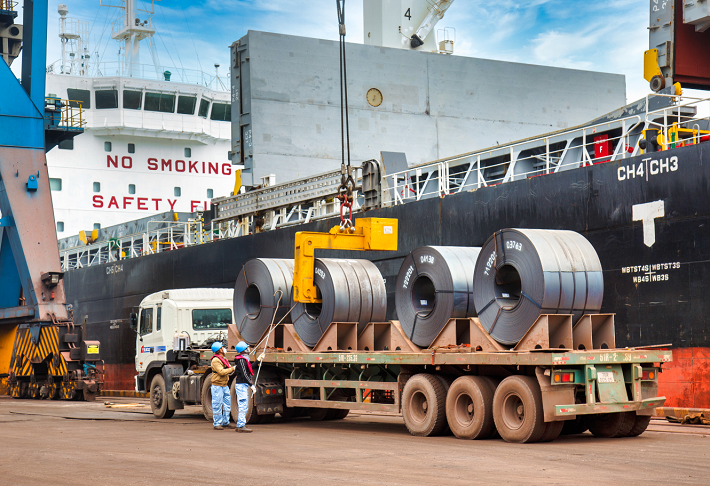
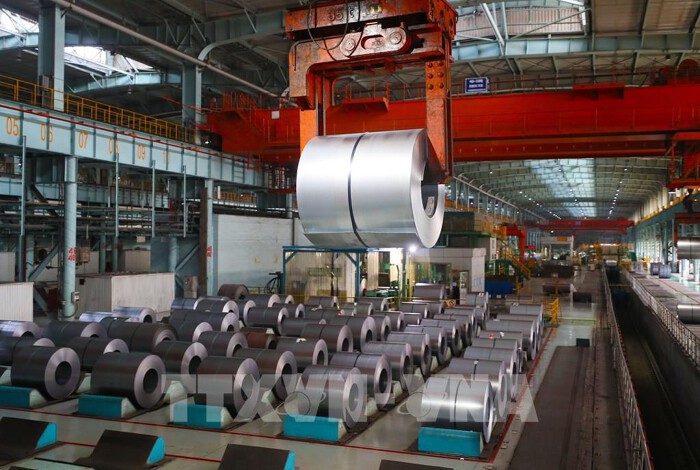


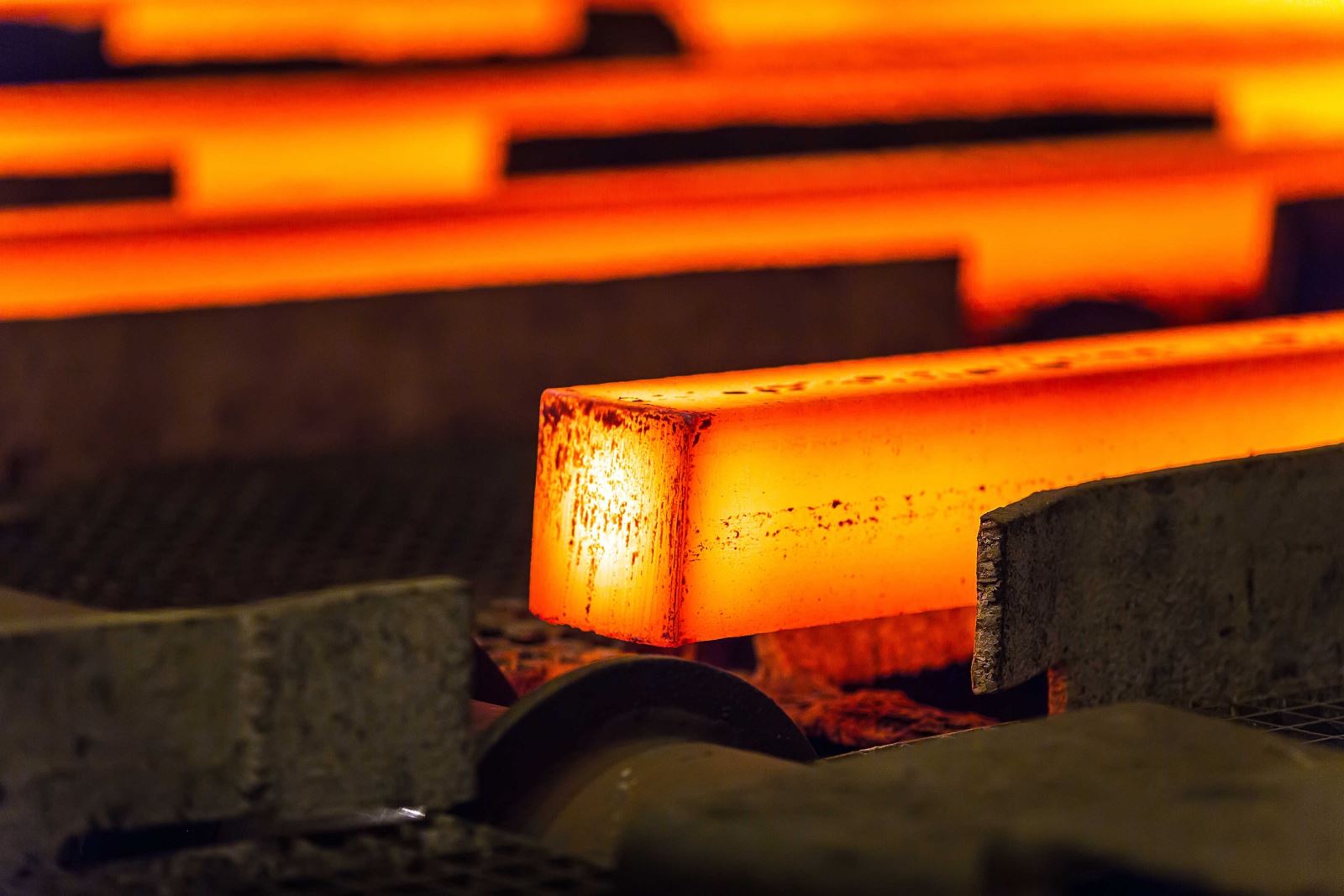
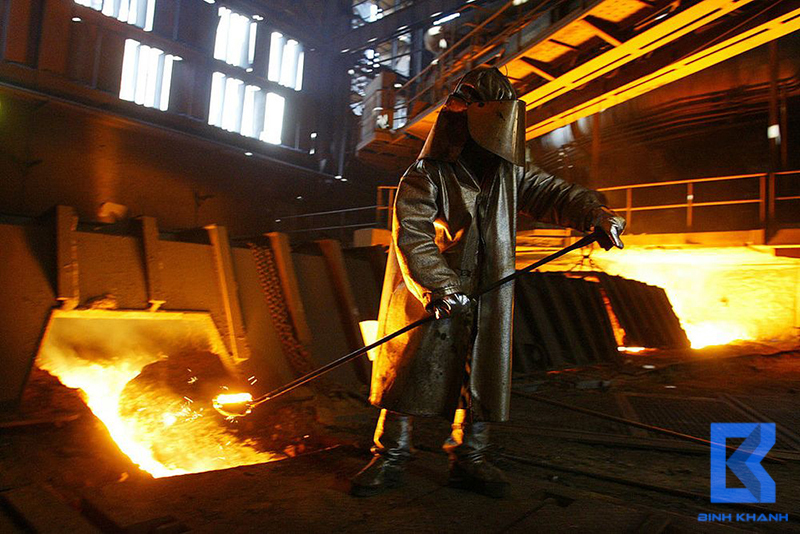
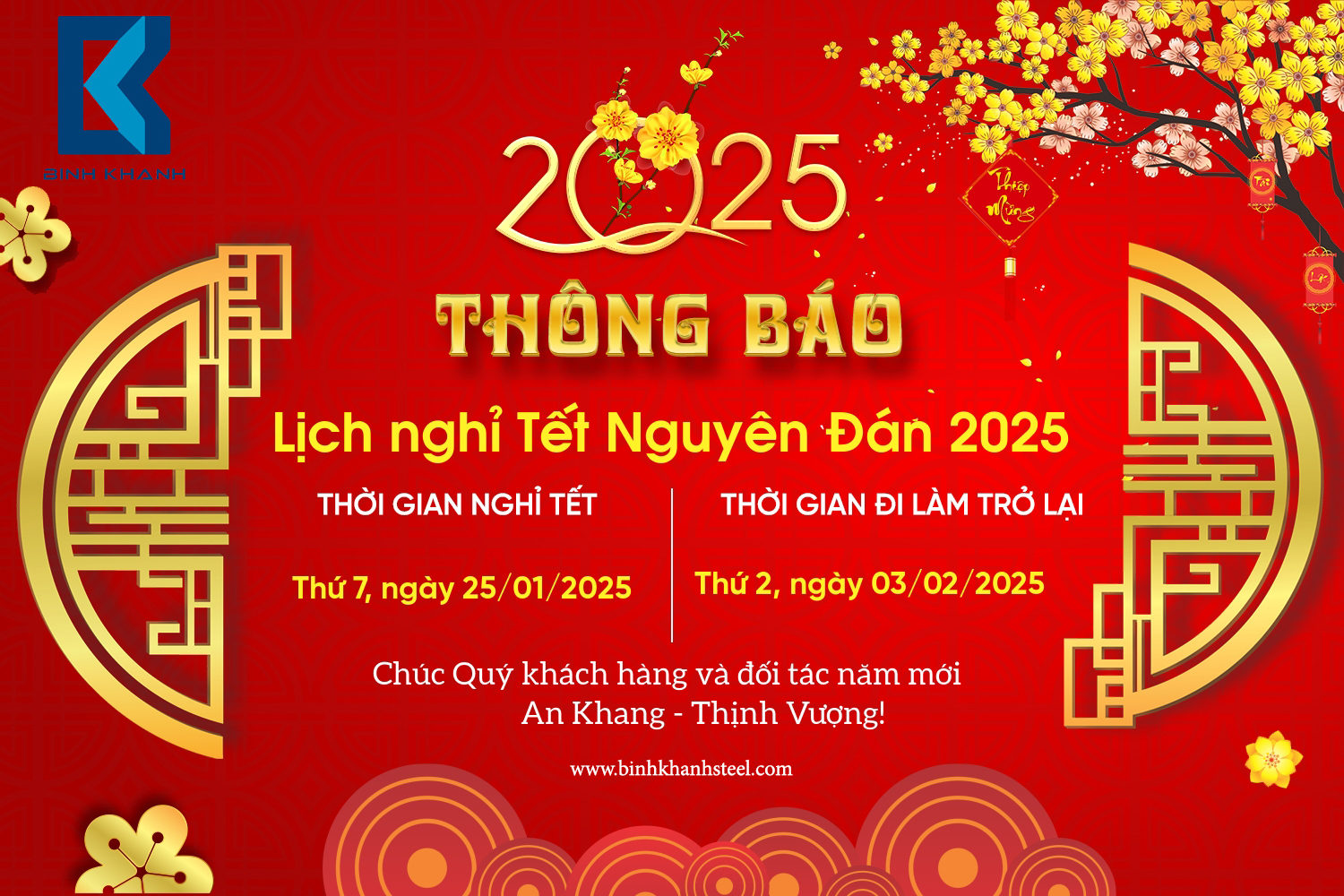
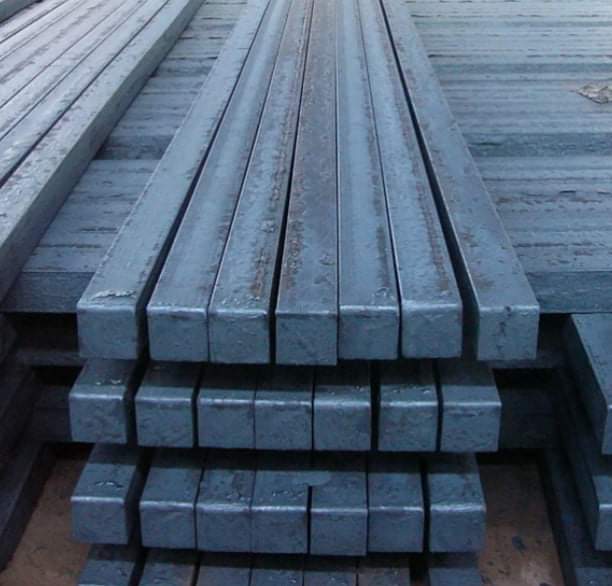
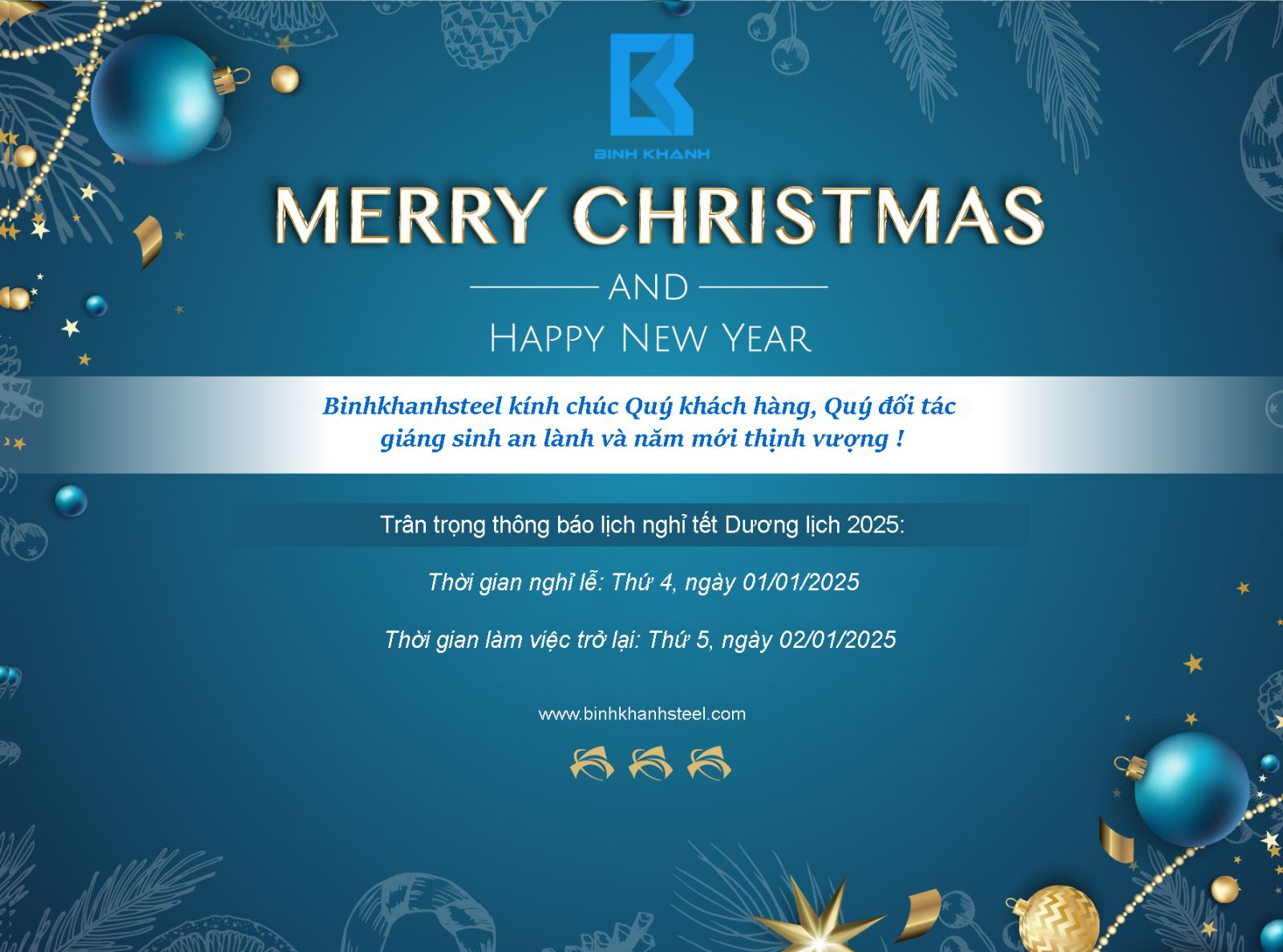
w300.jpg)
